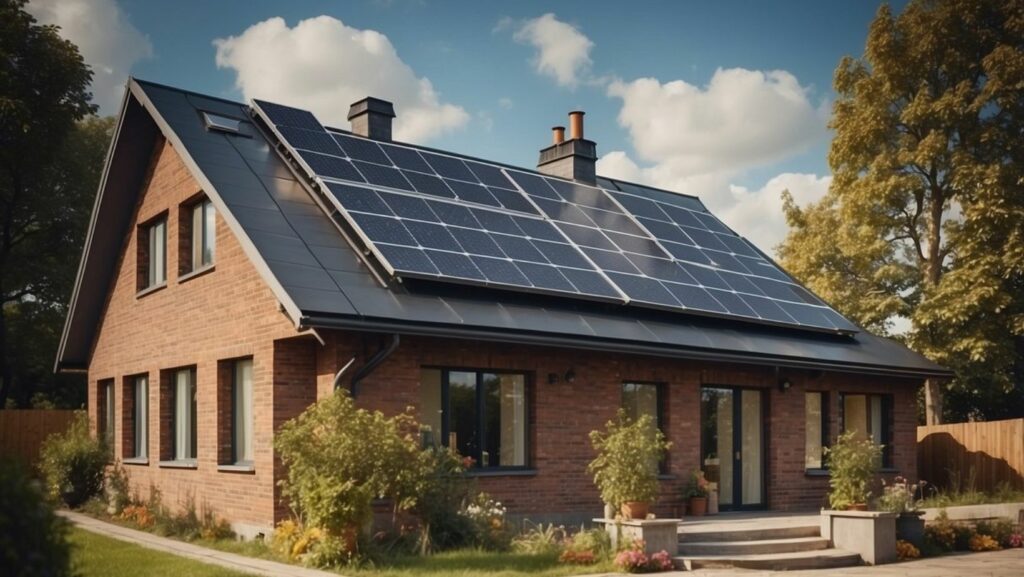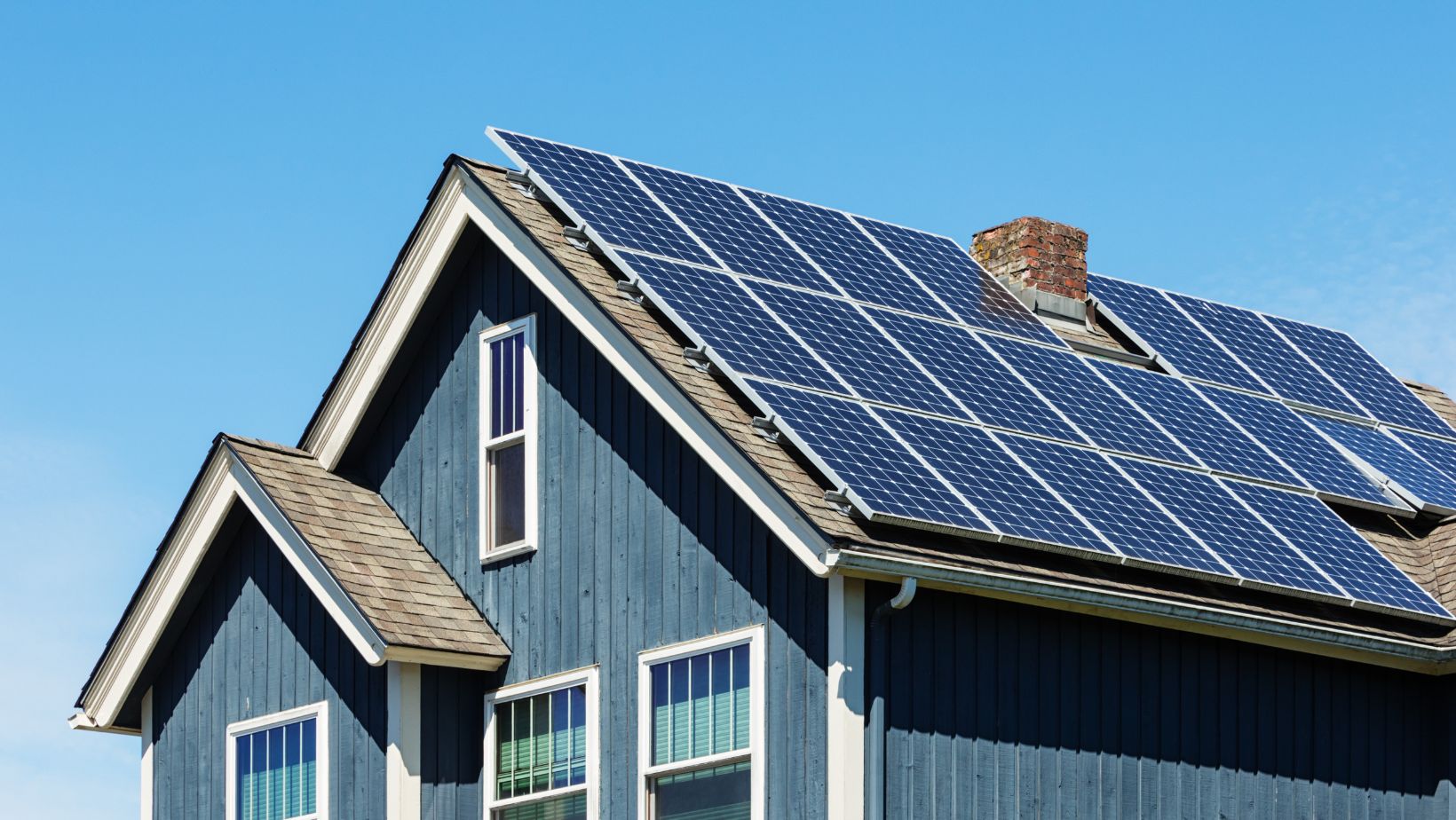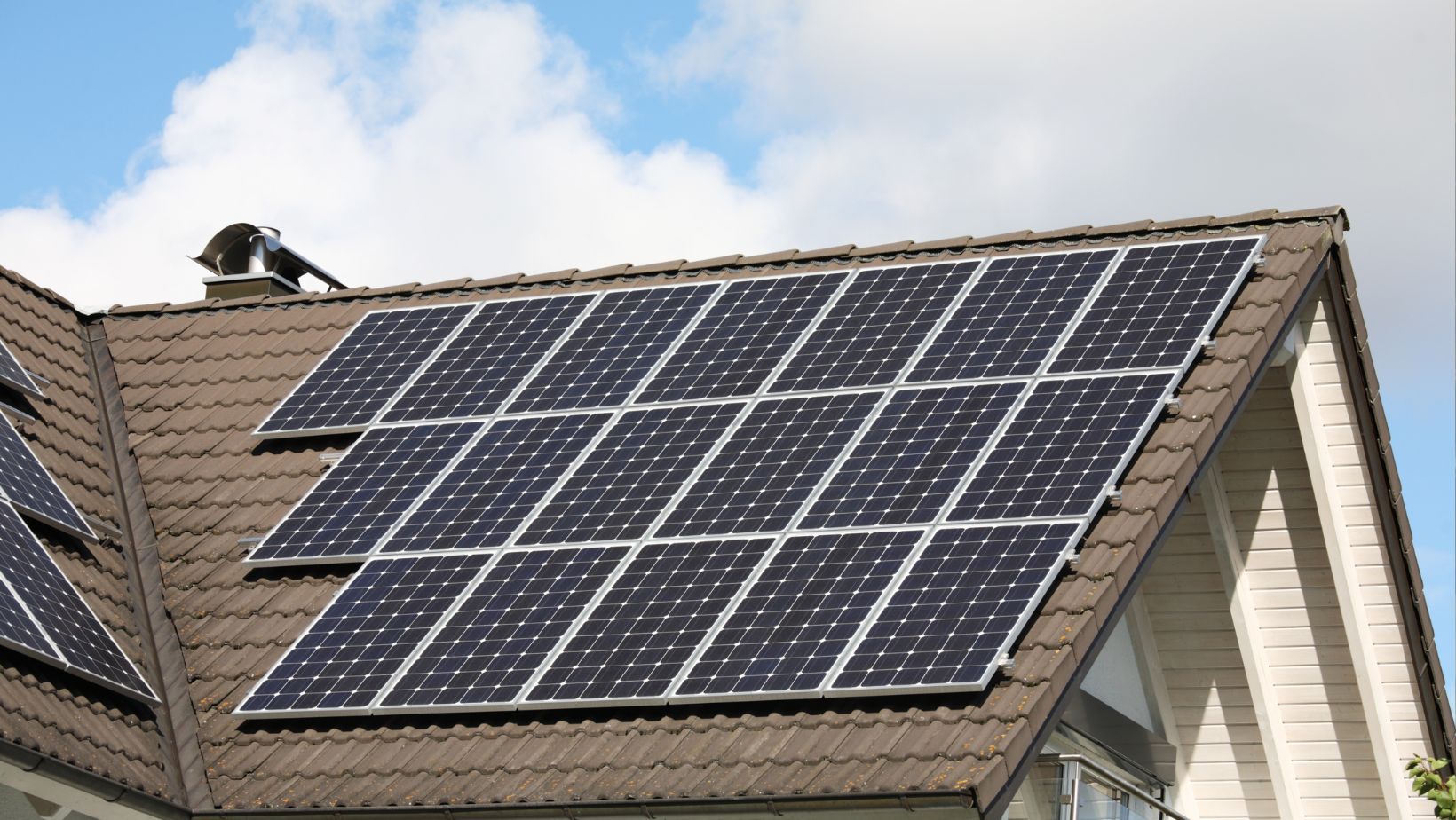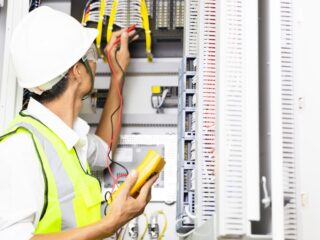
Navigating solar panel installation within city limits can often feel daunting, particularly in a bustling urban area like Houston. Yes, you can install solar panels on your home if it’s within the city limits of Houston. The city encourages sustainable energy solutions, and there are clear guidelines and permits required to ensure the installation is up to code and safe.
Homeowners should be aware that installing solar panels in Houston involves securing necessary permits from local authorities. This process includes obtaining both building and electrical permits to comply with safety standards, a common practice across various municipalities. By adhering to these procedures, residents can confidently move forward with their solar projects, contributing to the city’s green initiatives.
Understanding local regulations and the steps involved can make the permitting process smoother. Homeowners should consult resources such as the Department of Energy to familiarize themselves with the specific requirements. With the right preparation, transitioning to solar energy is not only feasible but also a valuable investment for those living in Houston.
Understanding Houston Solar Panel Regulations
Residents in Houston looking to install solar panels need to navigate specific zoning laws, permitting processes, available incentives, and the impact on property values and aesthetics. Each aspect plays a crucial role in determining the feasibility and benefits of solar power in the city.
City Zoning Laws and Solar Panel Installation
Houston has specific zoning laws that dictate where and how solar panels can be installed. These laws are intended to ensure that solar installations do not interfere with the character of neighborhoods or violate city planning standards.
In residential areas, homeowners must verify that their community’s zoning allows for solar panel installations. Some homeowners’ associations (HOAs) have additional rules, but Texas Property Code Section 202.010 protects residents from overly restrictive regulations. Detailed zoning guidelines are available here.
Permitting Process and Requirements
Installing solar panels in Houston requires obtaining the necessary permits from the city’s Sustainable Development and Construction Department. Contractors must register and adhere to specific inspection protocols.
Homeowners need to submit detailed plans, including electrical diagrams and site layouts, as part of the permit application. Inspections ensure that installations meet all safety and building standards.
Incentives for Solar Power in Houston
Houston offers several incentives to encourage the adoption of solar energy. These include federal tax credits, local rebates, and potential grants through the city’s Whole Home Program, which partners with Solar United Neighbors.

The Whole Home Program provides guidance and support for installing solar panels and battery storage, making the process easier for residents.
Impact on Property Values and Aesthetics
The impact of solar panels on property values in Houston can be significant. Homes with solar panels often see an increase in value due to reduced energy costs and the growing desirability of sustainable energy solutions.
Aesthetic considerations are also important. In some cases, solar panels might alter the appearance of a home, which can be a point of contention in neighborhoods with strict HOA guidelines. Residents need to consider both the financial benefits and the visual impact when deciding to install solar panels. Conformity with community standards can help in avoiding disputes and maintaining neighborhood aesthetics.
Selecting the Right Solar Panel Installer
Selecting a qualified solar panel installer ensures efficient installation and maximizes the benefits of your solar investment. Key points to consider include the installer’s experience, certifications, and the advantages of using a local service.
Criteria for Choosing an Installer
When selecting an installer, experience is essential. Companies with a long track record often demonstrate reliability and technical proficiency. Look for installers who have completed numerous installations, particularly in urban settings like Houston.
Certifications also serve as a mark of quality. Verify if the installer holds certifications from reputable organizations such as the North American Board of Certified Energy Practitioners (NABCEP) or Solar Energy Industries Association (SEIA). High-quality solar panels and components are crucial; ensure the installer uses industry-recognized brands with comprehensive warranties.

Customer reviews provide insights into the installer’s reliability and work quality. Reviews on platforms like Google, Yelp, or specialized solar review sites can highlight both positive experiences and potential red flags. Additionally, assess the warranties offered. Opt for companies providing extensive coverage on both labor and equipment.
Benefits of Local Expertise
Choosing a local installer, such as Houston solar panel installers, offers several benefits. They are familiar with regional requirements and building codes, ensuring compliance with local regulations in Houston.
Local experts are often more responsive and can offer faster service. They understand the specific climate conditions of the area, which is critical for optimal solar panel placement and performance. Proximity also reduces travel expenses, potentially lowering overall project costs. Furthermore, local companies are more likely to have established relationships with local suppliers, potentially securing better deals on materials.
Community reputation is also vital. Local installers with a strong reputation are incentivized to maintain high service standards, knowing their business depends on community trust and word-of-mouth recommendations.











